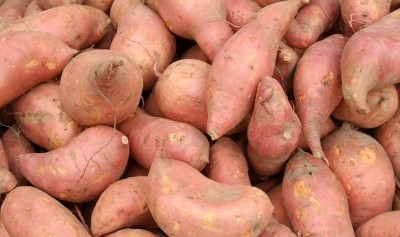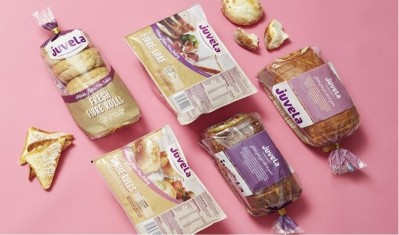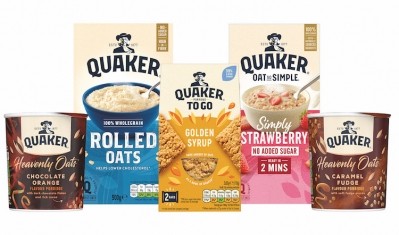News
Coeliacs face cost of health crisis

In its new report, ‘The Gluten Free Diet – How much does it cost and why does it matter’, the organisation raised awareness of the additional challenges – and coasts – being faced by the coeliac community.
It found that a weekly gluten-free shop can be as much as 20% more expensive that a standard weekly food shop, with a gluten-free loaf of bread costing on average 4.3 times more money than its gluten-filled counterpart.
Even more disparity was observed between the cheapest products, with the cheapest gluten-free loaf costing 7.2 time more than the equivalent gluten containing loaf.
Paying double
Consumers will also pay on average double for gluten free staple substitutes, such as crackers (2.5 times more), bread rolls (2.3 times more), plain flour (2.1 times more), pasta (1.9 times more) and cereal bars (1.8 times more).
While Coeliac UK acknowledged that sufferers of the disease could east alternatives like rice and potatoes, it highlighted the lack of nutritional content such a diet would provide – eating rice or potatoes instead of bread can reduce iron and calcium intake by up to 96% and 93% respectively.
The report also found there are limited variety and budget options for all gluten-free products, which puts a disproportionate burden on those with lower incomes. In the midst of a cost of living crisis, concerns were raised that many people with coeliac disease could struggle to afford their gluten-free diet – the only treatment for their condition.
Tristan Humphreys, head of advocacy at Coeliac UK, said: “As the cost of living crisis shows no sign of abating, Coeliac UK has heard from concerned members who are struggling to be able to afford to buy gluten free food and worried about the impact this might have on their health. As food insecurity increases, the cost of living crisis could become a cost of health crisis for many.
‘Not a choice’
“For those with a diagnosis of coeliac disease, following a strict gluten free diet is not a choice but is a medically prescribed diet and is essential for their health. We’re calling on policy makers and the food industry to join with us to help support those with coeliac disease and ensure they can access the food they need to treat their condition.”
Dr Jeremy Woodward, consultant gastroenterologist at Addenbrooke’s Hospital said that the rise in the cost of living could make a diagnosis of coeliac disease unsupportable, especially for the most disadvantaged in our society.
Shantallow Health Centre gastroenterology advance practitioner Joy Whelan lamented the shocking fact that the cheapest gluten-free load of bread is over seven times more expensive than the cheapest gluten containing loaf.
“It is important that food industries work on ways to achieve improved affordability but also essential that the health service’s supply of prescribable products continue to help people manage their medical condition” she added.
















